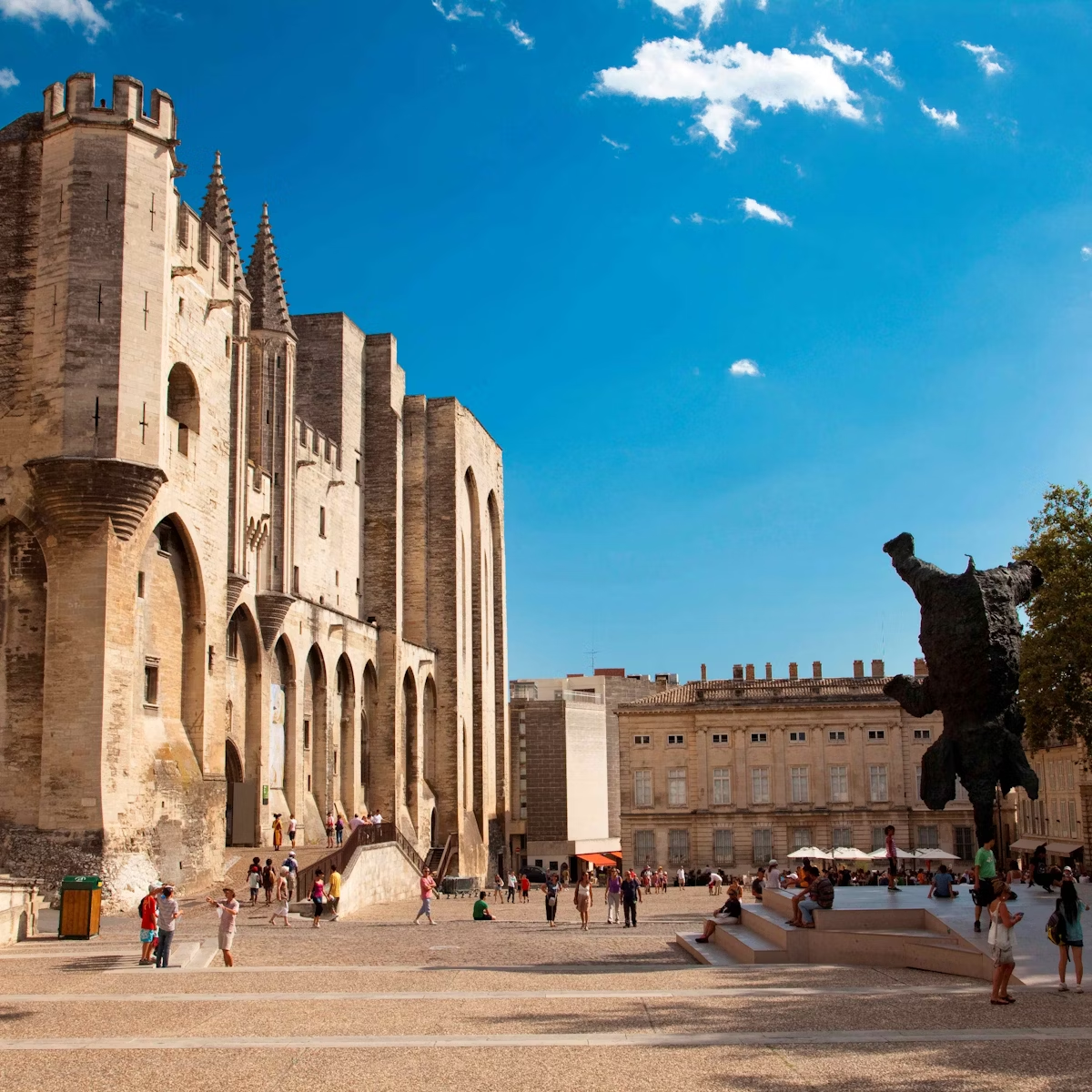In Roman Gaul, every important town had an amphitheatre, where gladiators and wild animals met their (usually grisly) ends. Few examples have survived, but Arles (like nearby Nîmes) has preserved its colosseum largely intact. At 136m long, 107m wide and 21m tall, built around AD 90, the oval-shaped amphitheatre would have held 21,000 baying spectators. Though the structure has suffered down the centuries, it's still evocative of the might and capabilities of Roman civilisation. Entry is on the northern side.
Following the fall of the Roman Empire during the 5th century AD, the amphitheatre became a defensive fortress, with the addition of four corner towers by the Moors. Over subsequent centuries, a 'town within a town' grew up within its walls, containing more than 200 houses and two chapels, all of which had to be razed when the amphitheatre was returned to its original use in the 1820s.
Much of the structure's original architecture remains, including terraces, galleries and even the original Roman drainage system. Its design was inspired by the Roman Colosseum, although on a much smaller scale.
Today the structure is used to host outdoor spectacles, concerts, races and the corrida – bullfighting that is banned in most parts of France and which has come under intense scrutiny for its cruelty.
Tickets for most events are sold at the ticket office next to the entrance, on the north side.








